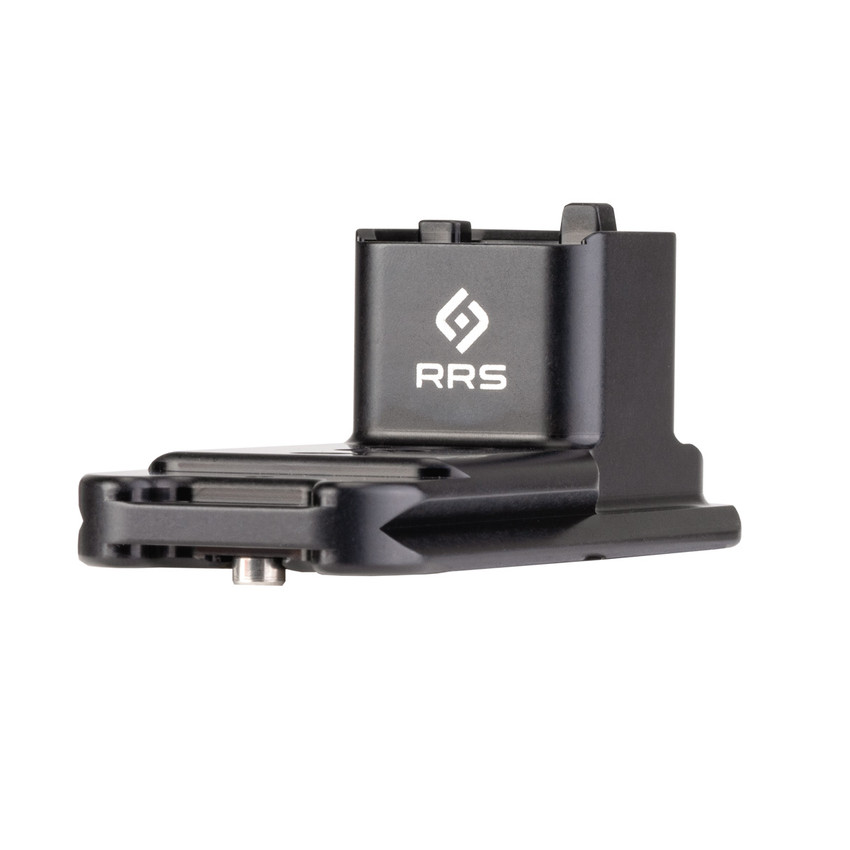
L85: Universal Lens Foot
- SKU:
- L85 Plate
- UPC:
- 818413027121
Downloads
find your perfect setup


LC-A15 Package: Lens Collar and Foot

LCF-54: Foot for Canon 100-400mm Lens

LCF-101: Replacement Lens Foot for Sony Lenses

LCF-53: Lens Foot for Select Canon Telephoto Lenses
3 Reviews Write a Review
-
L85 Lens Foot
I simply wanted a plate to attach my 70-200 to a ball head. The lens has two screws for the mount. The plate only is shipped with one. Another screw costs 6$. Ridiculous!!!!!
-
QD in wrong place
Plate is too short for a medium to large telephoto lens and the QD can be placed at both ends with a longer plate. More useful for tripod work.
-
Not universal and no help from RRS
I ordered this lens foot for my Canon 70-200mm lens. The 1/4"-20 screw which comes with the plate was too short to reach the screw thread inside the lens mount ring. I called RRS about this and the correct thing to do would have been to send me the aappropriate screw that needed to be only a small fraction of an inch longer without a hassle. Instead, they charged me to send what I was told would be the right size. The replacement screw is twice as long and leaves so much room once screwed in that 1) the RRS plate remains loose and 2) the screw head sticks out so much past the plate that the plate's grooves would not be able to click into the plate on the tripod. In other words this is not a "universal" plate, it doesn't attach to one of the most commonly used lenses, dealing with RRS has solved nothing and I'm left with a "universal" lens foot that I cannot use.
















